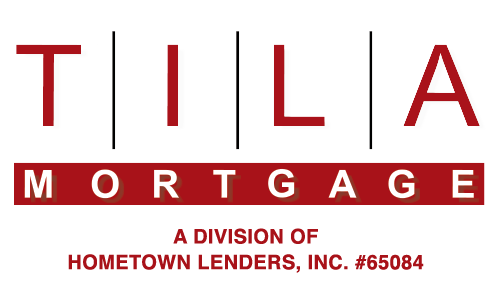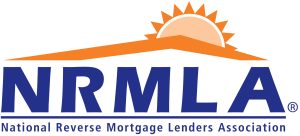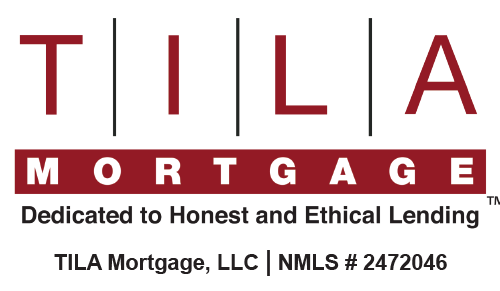What is a Reverse Mortgage?
A Reverse Mortgage, or Home Equity Conversion Mortgage (HECM), is a loan that allows borrowers age 62 and older to purchase a new home, or access their equity in their existing home, while having the option of not making monthly mortgage payments.
Reverse Mortgage: Freedom & Peace of Mind
Listen to our most recent radio ad:

- Why Reverse?
- FAQ
- Benefits of a reverse mortgage
- Reverse mortgage pros and cons
- How is it Repaid?
- Why Choose TILA?
- Do I Qualify?
Why would I get a Reverse Mortgage?
The major benefit of a reverse home mortgage is the ability to buy a home or access cash without having to make a monthly payment, alleviating borrowers’ financial burden. They are used for many purposes, including:
- Creating additional income or a financial safety net of available funds
- Financial planning to delay drawing Social Security
- Downsizing or Upsizing
- Relocations to be closer to family members or medical facilities
- Purchasing a second home or rental property
- Gifting funds to family members
- Rescuing family members in financial distress

Frequently Asked Reverse Mortgage Questions:
When you have a reverse mortgage, do you have to make a monthly mortgage payment to the bank?
No. However, depending on your individual circumstances, you may choose to do so. Remember that you are required to pay expenses related to the home including property taxes and insurance.
When you have a reverse mortgage, who has ownership of your home?
You remain the homeowner. There is no transfer of title or change to the deed when you take out a reverse mortgage.
When does the reverse mortgage loan have to be repaid?
There are three circumstances in which the loan must be repaid:
1. You sell your home.
2. You move out of your home.
3. The parties on the title pass away.
What if the value of my home decreases significantly?
You (or your heirs) will never be responsible to repay more than the home is worth. A HECM reverse mortgage includes insurance that ensures you will not be responsible for any shortfalls.
Can the bank force me to move out of my home?
As long as you live in the home and you pay all applicable expenses (like your taxes and insurance) and maintain the home in good working order, the bank can never ask you to move.
If you’re 62 or older, learn about the benefits of a reverse mortgage
What are the pros and cons of reverse mortgages?
How is a Reverse Mortgage Repaid?
Instead of making monthly payments as you would in a traditional mortgage, a reverse mortgage is paid in one lump sum at the end of the loan. This typically occurs:
- When the loan term ends
- When the borrow is deceased
- If the borrower no longer lives in the property as their primary residence
- If the borrower does not uphold the terms of the loan (adequately maintaining the property and paying taxes and insurance)
Most often, the reverse mortgage is repaid by selling the property and using the proceeds to pay off the loan.
Why choose TILA Mortgage?

What are the Requirements?
To be eligible for a Reverse Mortgage, you must:
- Be age 62 or older
- Have no liens or judgments against your property
- Live in the property as your primary residence
- Meet income and credit requirements (though no credit score is required)
- If purchasing a home, you must have an adequate down payment
Our reverse mortgage experts at TILA would be happy to help you understand your Reverse Mortgage options. Contact us for a free, no-pressure consultation to see how we can help alleviate some of the financial stress in your life, or in the life of your loved one. Call (206) 766- 8888 or email us today.
*Reverse mortgages are loans offered to homeowners who are 62 or older who have equity in their homes. The loan programs allow borrowers to defer payment on the loans until they pass away, sell the home, or move out. Homeowners, however, remain responsible for the payment of taxes, insurance, maintenance, and other items. Nonpayment of these items can lead to a default under the loan terms and ultimate loss of the home. FHA insured reverse mortgages have an upfront and ongoing cost; ask your loan officer for details. These materials are not from, nor approved by HUD, FHA, or any governing agency.

Get Your Free Consultation Today!
6 Easy Steps:
Initial conversation with a TILA Reverse Mortgage Specialist
Discuss which loan options are best for you
Complete a reverse mortgage counseling session via telephone
Loan application signature
Appraisal, title, credit check, and processing
Final signing and loan funding

